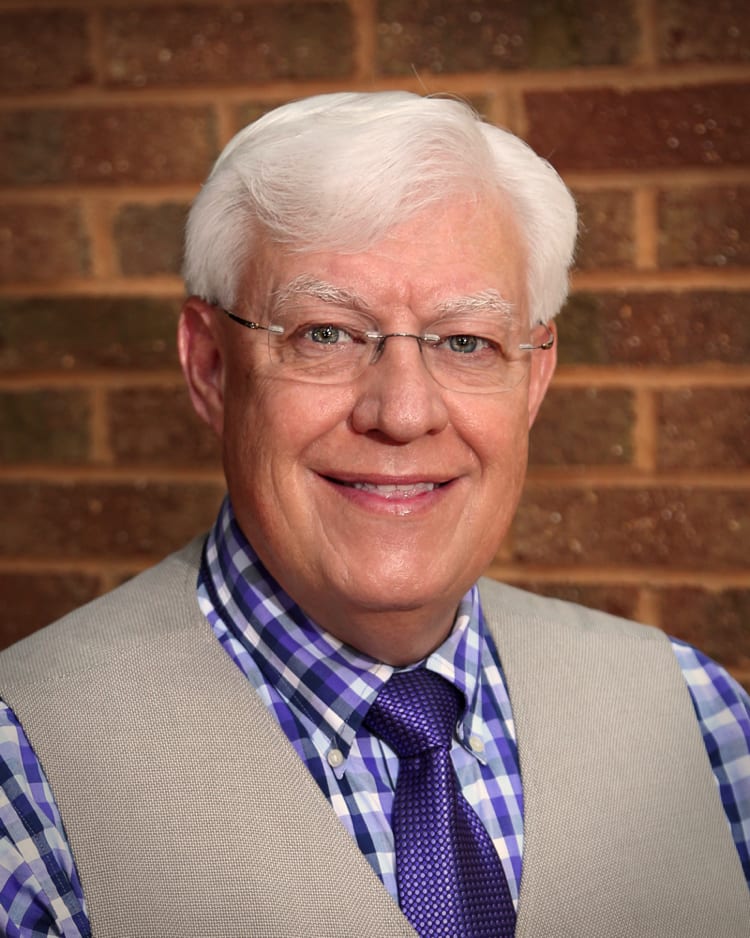
919.772.1990
Browse Blog
Listen In
919.772.1990
Browse Blog
Listen In
Quick Links
Services
Medication Management
One80 Locations

By Phil Guistwite, M.Div., M.S., LMFT
Company Chaplain and Clinical Director for Mental and Behavioral Health Services
This is such an important and expansive topic for therapists and clients to consider. All humans are spiritual, even if not religious. Humans believe in concepts such as faithfulness, friendship, fairness, appropriateness, and many other such qualities that clearly separate us from the rest of creation. Our ability to think and speak sets us apart in the “Imago Dei” or the Image of God according to the Jewish and Christian scriptures. We are an animal that is always storying our own narrative of life. Whenever we are hurt or injured, or traumatized, it has an impact on us spiritually and often also religiously. When our safety is threatened, or we sense potential for loss, we become angry and struggle to protect ourselves as well as to create balance once again. We may ask when traumatized if our experience is normative or unique to us. We may question, if we are religious, whether our faith tradition is right or wrong if we become traumatized by the very system of teaching or setting for religious expression becomes the place of trauma. Even if a person is not religious, spiritual safety and balance are threatened in multiple ways when clients are assaulted by mental health issues, physical assaults on the body, and societal assaults on what behaviors may be expected or required for group inclusion and exclusion. Clients may present with anxiety or depressive disorders along with other adjustment difficulties, all of which may actually fall under the heading of spiritual or religious trauma at the core root.
Throughout history, we have seen multiple examples of religion being used as an excuse or reason for conquering others or suppressing others. These are never truly the result of the true nature of religion but are a usurpation of the religion to enhance political purposes or economic subjugation. The Middle East is a good example of religious differences that are exploited for political and societal goals of survival or protection, or dominance. Different perspectives create differing narratives, and almost always, people are injured or traumatized through this process.
For therapeutic inquiry and process, it is important for therapists to have some training in how to frame these issues so that clients can be assisted in thinking through their experiences in a helpful manner. There are many presentations of spiritual or religious trauma in therapy. For some, they may have been victimized by unscrupulous financial pressure and manipulation and exploitation. Others may have experienced trusted teachers taking sexual advantage of them in religious settings or events. The loss of trust may entail societal isolation, shunning, or otherwise negative gossip regarding perceived questioning of truth or authority or even the expression of differing opinions for those that are sanctioned. People who are in the LGBTQ community frequently feel ostracized by their religious communities, who often condemn them rather than loving and accepting them. For others, their trauma may create an existential crisis that goes to the very core of personality and self-acceptance. Long-term adverse symptoms may develop, such as post-traumatic stress disorder, sexual difficulties, and the erosion of self-esteem. Typically, the more rigid the system of rules of absolutism, the more likely that people will become traumatized. Boundary crossings are easy to imagine when coercion is applied. Hierarchical structures often become protective of religious bureaucracies rather than protectors of the religious truths that are taught from religious and sacred writings and texts. People may become disillusioned, exasperated, discouraged, and ultimately drop out of the faith tradition entirely.
Most of us would agree that parents have rights when it comes to choosing what and if to teach religious faith traditions. But the manner of teaching is of huge importance as to whether it becomes healthy and supportive or manipulative and injurious to the psyche of individuals. Applied force and punishments for non-belief or adherence to rules may easily slide into abusive behaviors by parents, teachers, or religious leaders. Clients essentially get to describe and decide for themselves what they believe they experienced that constituted abuse. Clients often have a tendency to throw out the entire teachings of a faith as a reaction to their pain and injury. Therapists may be able, over time, to assist clients in making different choices to embrace what was good in the faith and adjust accordingly as they seek safe places to express their faith.
When doing an intake for psychological purposes, most therapists have been taught to complete a Biopsychosocial assessment for the individual. To be more complete, we might add the category of spiritual assessment such that one might complete a more comprehensive Bio-psycho-social-spiritual assessment. Since our clients are human, they all are affected spiritually by everything that affects them in all spheres. There are multiple theories and interventions that may be used to assist clients in dealing with spiritual and religious trauma. Healing and balance may be restored and hope renewed as the grief of trauma is processed. Therapists need to be aware of and cautious and sensitive in caring for anyone who is willing to embark on a quest for the healing of any trauma, and most especially for spiritual and religious trauma.

Phil is a Licensed Marriage and Family Therapist as well as an Approved Supervisor with the American Association for Marriage and Family Therapy. Read Full Bio
Trauma in Military Families By Phil Guistwite, LMFT Company Chaplain & Clinical Director of Mental Health ServicesI was privileged to be a US Army Chaplain on active duty for twenty years. My...